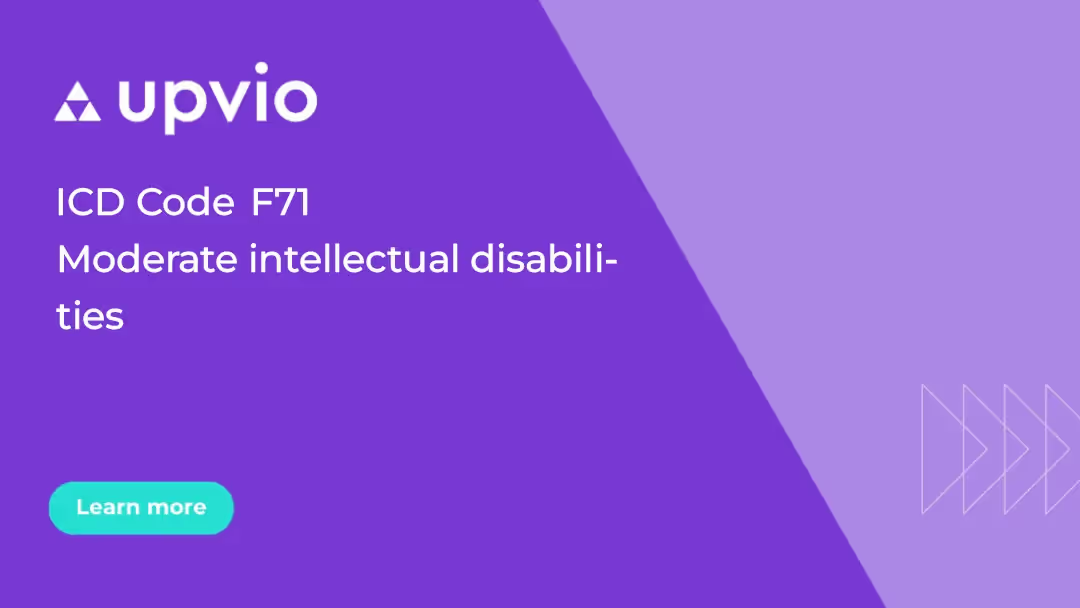To what category of health conditions does the F31 ICD Code: Bipolar Affective Disorder apply?
Bipolar disorder with current manic, hypomanic, or depressive episodes.
What are the instruction guides for coding priority for ICD code F31?
Underlying physical condition, if applicable, such as hyperthyroidism or substance use disorder.
What disorders are encompassed within ICD code F31?
Episodes of both mania or hypomania and depression.
Clinical Information
Bipolar disorder is characterized by episodes of mania or hypomania, often alternating with episodes of depression. Mania is a distinct period of abnormally and persistently elevated, expansive, or irritable mood and abnormally and persistently increased goal-directed activity or energy. Hypomania is similar but less severe. Depressive episodes involve persistently low mood, loss of interest or pleasure, and other symptoms such as changes in appetite or sleep. Bipolar disorder can cause significant impairment in daily functioning and may require lifelong management.
Additional Codes may apply
F31.1: Bipolar disorder, current episode manic without psychotic features - Bipolar disorder with a current or most recent episode of mania without accompanying psychotic symptoms.
F31.3: Bipolar disorder, current episode mild or moderate depression - Bipolar disorder with a current or most recent episode of mild or moderate depression.
F31.5: Bipolar disorder, current episode severe depression with psychotic features - Bipolar disorder with a current or most recent episode of severe depression with accompanying psychotic symptoms.
F31.7: Bipolar disorder, currently in remission - Bipolar disorder in a period of remission with no current mood symptoms.





